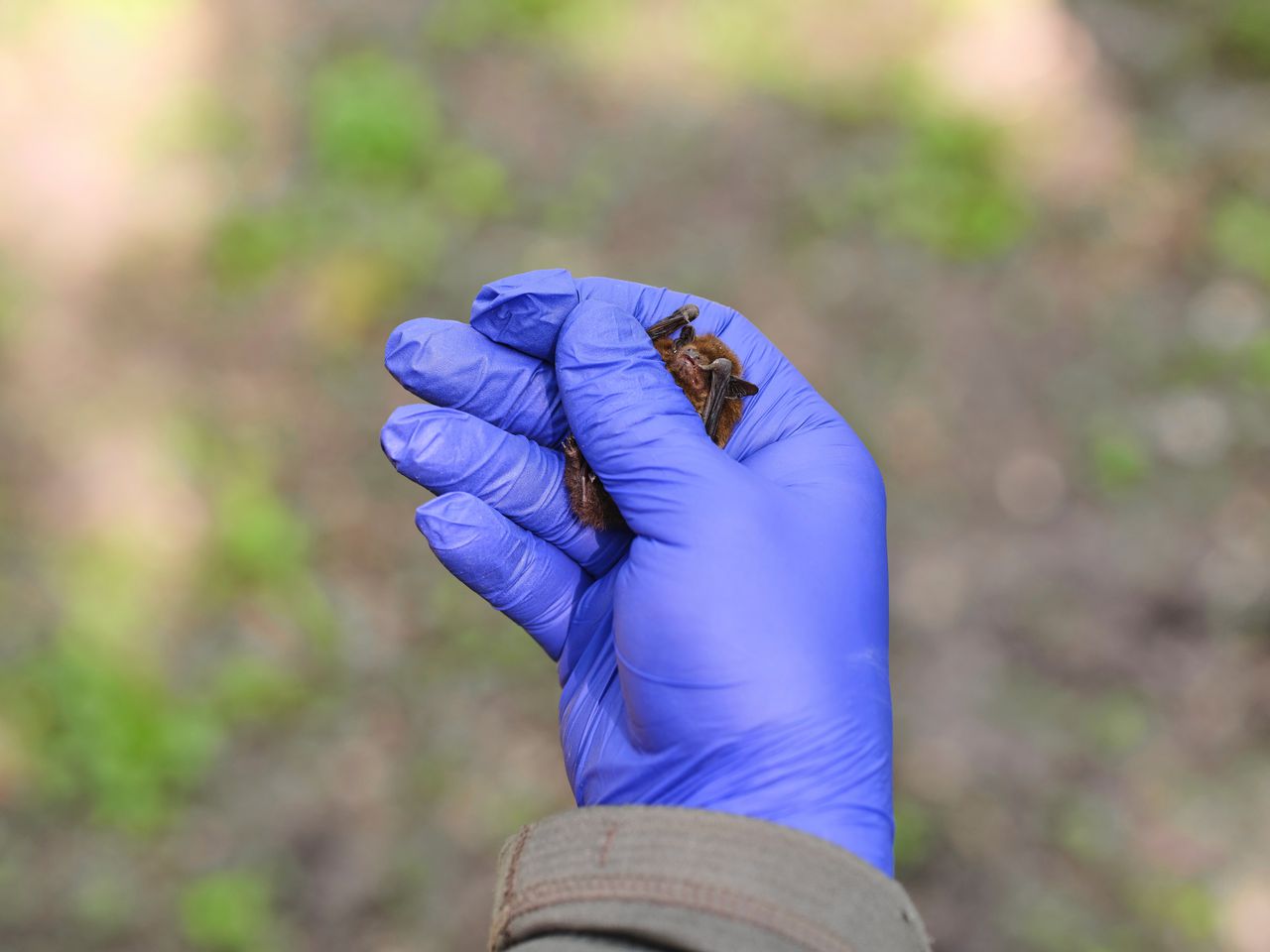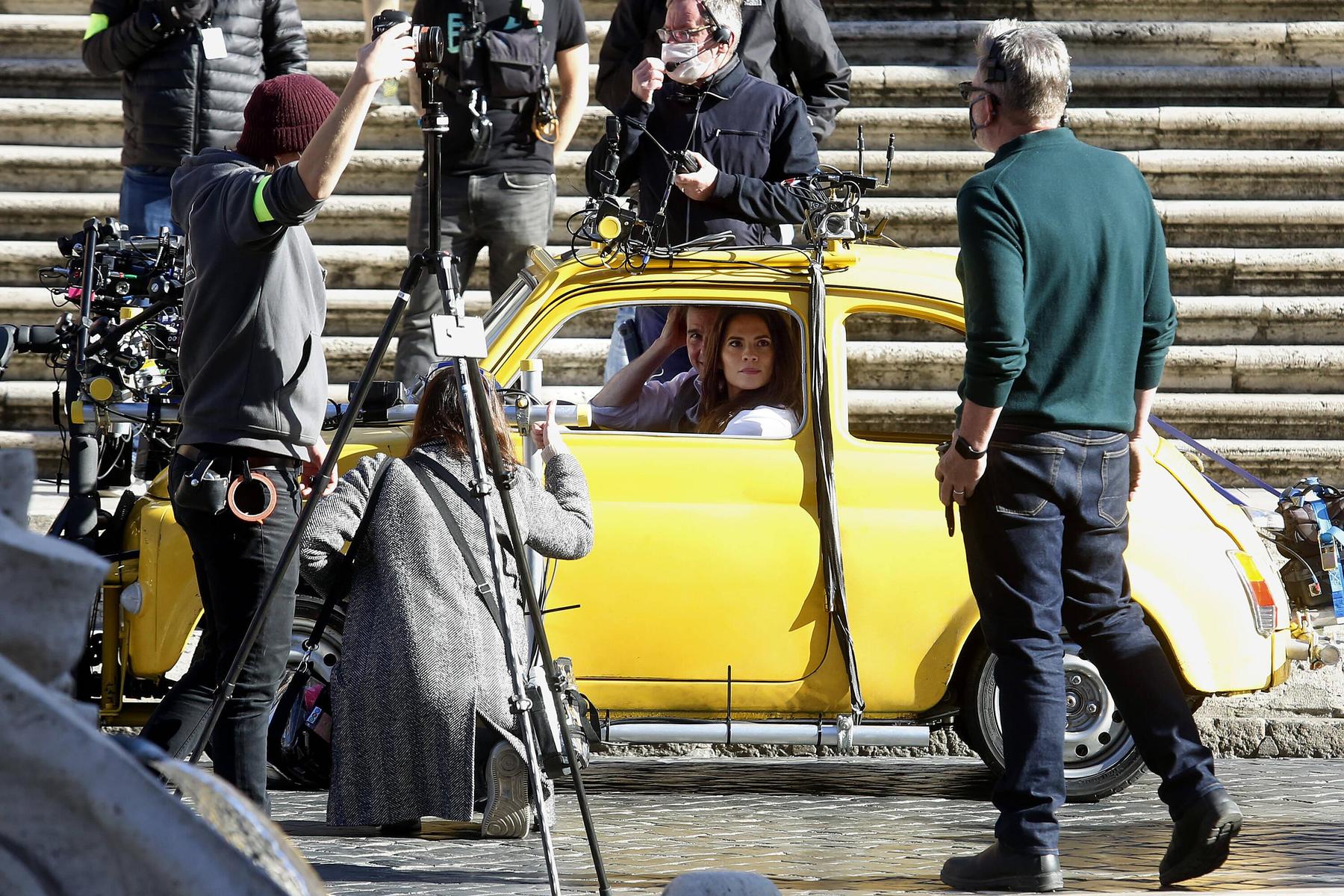Breathtaking images but the theme sands in Turkish film ‘Son Hasat’
/s3/static.nrc.nl/images/gn4/data131619232-c3c603.jpg)
The Turkish film Son Hasat takes us to a village in Anatolia, where the residents lead an arm existence. Like Ali and his wife Aysel. Every day Ali sails out to the reed fields with a boat to cut reeds. Aysel does the household and braid mats. It soon becomes clear that Aysel cannot live in constant poverty and that Ali and the other cane cutters are exploited by Mafiosis types that do not shy away from protecting their interests. The silent Ali sees it with sadness and aims to resist these powerful men in a way. They try to outsmart each other, which offers possibilities to the rebellious Ali. But his wife has no knowledge of his plans and goes her own way. If there are deaths, reed also turns out to be very useful as material to cover the victims.
Just like his fellow countryman Nuri Bilge Ceylan, whose photo work can still be seen throughout the month in Eye Filmmuseum in Amsterdam, director Cemil Agacikoglu is originally photographer. Into the images Son Hasat, His fifth feature film, his breathtaking. The reed fields in the lake, with snowy mountain peaks in the background, are a particularly photogenic place, although the desolation can also be felt. In the coffee house, old men bought that young people leave the desolate village. The calm way in which Agacikoglu pays attention to the artisan reed aspects, from cutting to its processing, is also praising. But it will sand when there are all kinds of conflicts that are linked to an ambitious theme: that of resistance to exploiting rulers and the eternal struggle between good and evil. Does poverty corrupt the morality? Those more narrative elements are the least interesting aspect of a film that should mainly have atmosphere and picturesque scenes that are elementary: human versus nature.

/s3/static.nrc.nl/images/gn4/stripped/data131801801-6edbde.jpg|https://images.nrc.nl/NnMBum-tvrss6HVN9ZGF1CulyXo=/1920x/filters:no_upscale()/s3/static.nrc.nl/images/gn4/stripped/data131801801-6edbde.jpg|https://images.nrc.nl/pC5-NDDiyZY09ONTozVCZqdZIV4=/5760x/filters:no_upscale()/s3/static.nrc.nl/images/gn4/stripped/data131801801-6edbde.jpg)

:format(webp)/s3/static.nrc.nl/images/gn4/stripped/data131701496-8839da.jpg)




